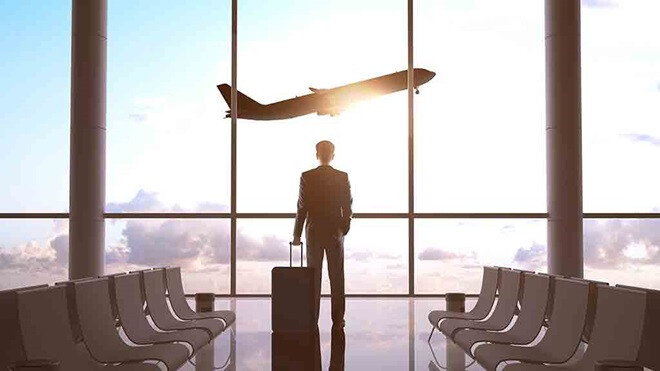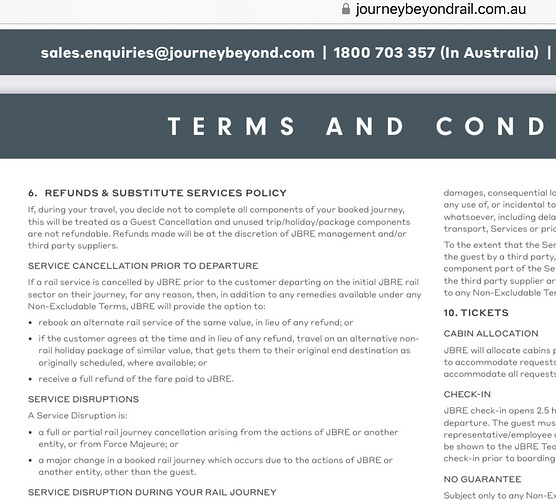
If there’s one thing Australians love to do that’s been most affected by the pandemic in the past few years it has to be travel.
I have felt genuinely sorry for the way travel restrictions have hit many businesses, especially in regional communities. I remember visiting Cairns in mid-2021, seeing the dock area that would normally be buzzing with backpackers setting off on excursions to the reef, now completely deserted. And I remember the strain on the face of a local shop owner on the NSW south coast who had just emerged from a summer of bushfires to face almost a year of no tourists due to COVID.
But when it comes to some of our largest travel businesses, I’m sometimes less sympathetic. When, last November, we gave a Shonky Award to Qantas, it retorted that we had failed to take account of the impact of COVID on the aviation industry. That couldn’t be farther from the truth.
In all of our work over the past few years, we’ve acknowledged that there are some things beyond a business’s control. Our focus is on the things they can control to treat their customers fairly – and there’s a lot more that our airlines could be doing.
First, they could be clear about the terms and conditions of a booking. In recent months I’ve booked flights with Qantas, Virgin and Jetstar, and none of the booking confirmations contained information on my refund rights if a flight had to be cancelled. Given how often flights continue to be cancelled, that information should be easy to find.
Second, they can make it easy to rebook when they cancel your flights. I’ve been able to use some of my flight credits in a few simple clicks online, but other attempts have involved hours in phone queues, sometimes across multiple calls. A credit represents money that you’ve already paid them, so they should make it easy to use.
Third, they can give fast refunds. Some airlines are still claiming they need up to eight weeks to process a refund. Given they can process a payment in less than a second, they need to do better when it comes to returning payment for a service they haven’t provided.
Finally, they can avoid price gouging. Almost every week, I bump into somebody who’s had to book or change a flight at the last minute and been astonished by the outrageous fares being demanded, especially by Qantas. I accept that last-minute flights will often cost more, but when an airline is charging more than $1000 one way from Sydney to Melbourne, it reeks of price gouging.
These suggestions all boil down to a few simple principles: transparency, fairness and care for customers. Surely that’s not too much to ask.
